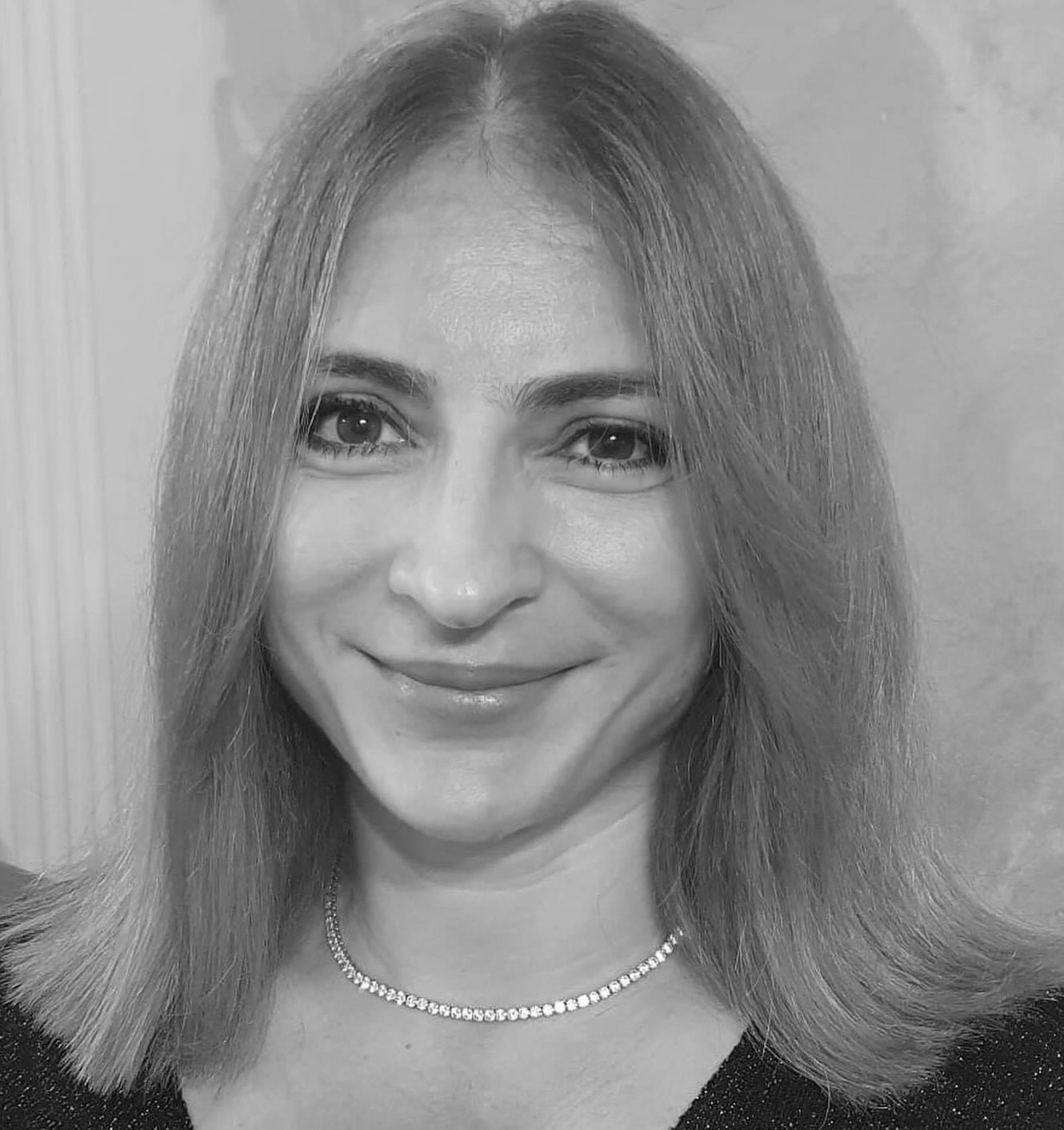
Catalina Nicolescu
My expertise integrates the know-how of the JASPER trainer, accredited by Kasari Autism Research Lab UCLA Semel Institute for Neuroscience & Human Behavior, BACB accredited Registered Behavior Technician, trainer and speaker.
I am Cătălina Nicolescu and I remember my first steps in discovering and practicing ABA therapy. It started in 2006 at the "Horia Moțoi" Center. Many years have passed and I have developed my skills as a home-based, shadow therapist and coordinator.
I have always sought to learn new scientifically validated approaches and practice them as faithfully as possible, each stage of my professional evolution having one goal: significantly improving the quality of the life of children diagnosed with autism. I have always wanted to pass on what I practice and learn, so I organized workshops for parents and therapists in the country, being an accredited ANC trainer; I have also presented papers in many Conferences/Congresses at the national level; BACB accredited RBT; having also completed the Romania BCaBA Alternate Pathway Course Sequence training course.
Starting with 2019, I focused on the natural Environment Teaching (NDBI) and applied the JASPER approach, offering these services to young children.
Starting with 2024, I exited the DAAL autism project umbrella, and my work became more complex and challenging, having collaborations with Alina Vlad, and having the role of the mentor for the parents that are part of the program developed by her: FOCUS.
My knowledge goes to parents and therapists through the courses recorded for the www.autism.ro platform, continuing the collaboration with Damian Nedescu.
I organize mentoring groups and all the events I support in the country have one single goal: the development of play and communication in children with ASD.
The way of playing in children with ASD is affected in different ways, and this is why I strongly believe that learning through play is a natural and appropriate way to develop language skills, play, new concepts, problem solving skills, flexibility in thinking, creativity development, the spontaneity and symbolization needed by young children in social interactions. Playing should be fun and rewarding, but also an opportunity to learn for the child.
Presentation: Does Your Child Imitate Spontaneously? How to Build Imitation as a Fundamental Element in Early Social, Language, and Emotional Development